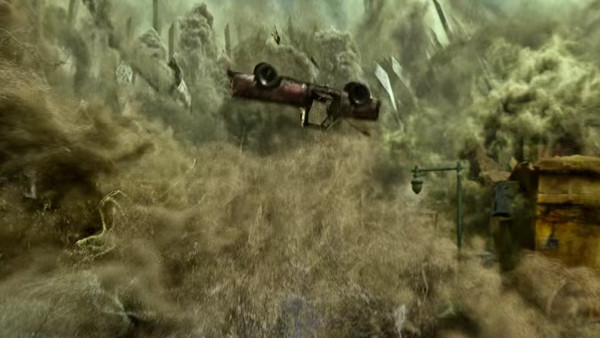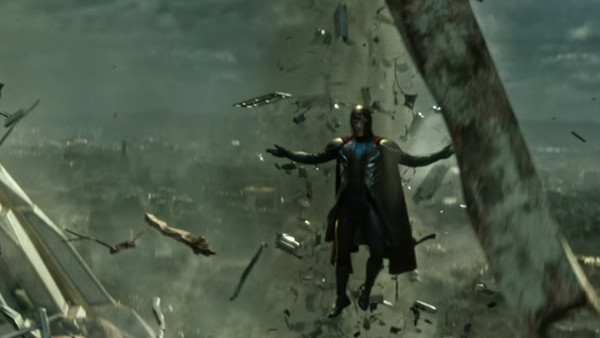Alex Vs Simon: 12 Steps To Decide If X-Men Apocalypse Actually Sucks
10. Mass Destruction

Alex: Look, if En Sabah Nur had turned up in a film called Apocalypse and not threatened all of humanity itd have felt cheap but its not the concept of mass destruction thats the problem, its how the movie presents it.
In the finale, Magneto destabilises the Earths poles and begins global annihilation, destroying New York, Sydney and Cairo before he stops. Then, once Apocalypse has been killed, a bunch of generals breath a sigh of relief in the war room the world is saved. But what of the hundreds of millions whove died, or the long-standing damage messing with the Earths crust will have?
In films like The Dark Knight Rises and The Avengers I could by their level of decimation because there was focus on the human element and we got to see the aftermath, understanding it was going to have long-standing effects. Movies like Man Of Steel, Batman V Superman and Apocalypse have bigger destruction and no care for the recovery, making it feel like there were no stakes in the first place.

Simon: It's refreshing to see a comic book movie these days that doesn't have a glum "oh what about the little guys" mentality attached to its action. Yes, there is annihilation on a global scale, and yes, lots of people probably died, but it's a movie about a literal Apocalypse.
I no longer want my explosions to come with a side of hand-wringing. I don't want all superheroes to be registered, controlled, accountable for the damage they are involved in while saving the world. Maybe it's just because I'm not a privileged millennial who thinks the world belongs to them. I'm just the kind who would be grateful to be saved.
I also don't want my action movies to be PSAs about cause and effect, or extended by pointless hippie messages. It doesn't sacrifice the dramatic impact for me at all: in a battle between Gods, humans will inevitably be lost. It's sad, but it doesn't need to be a big part of the narrative.